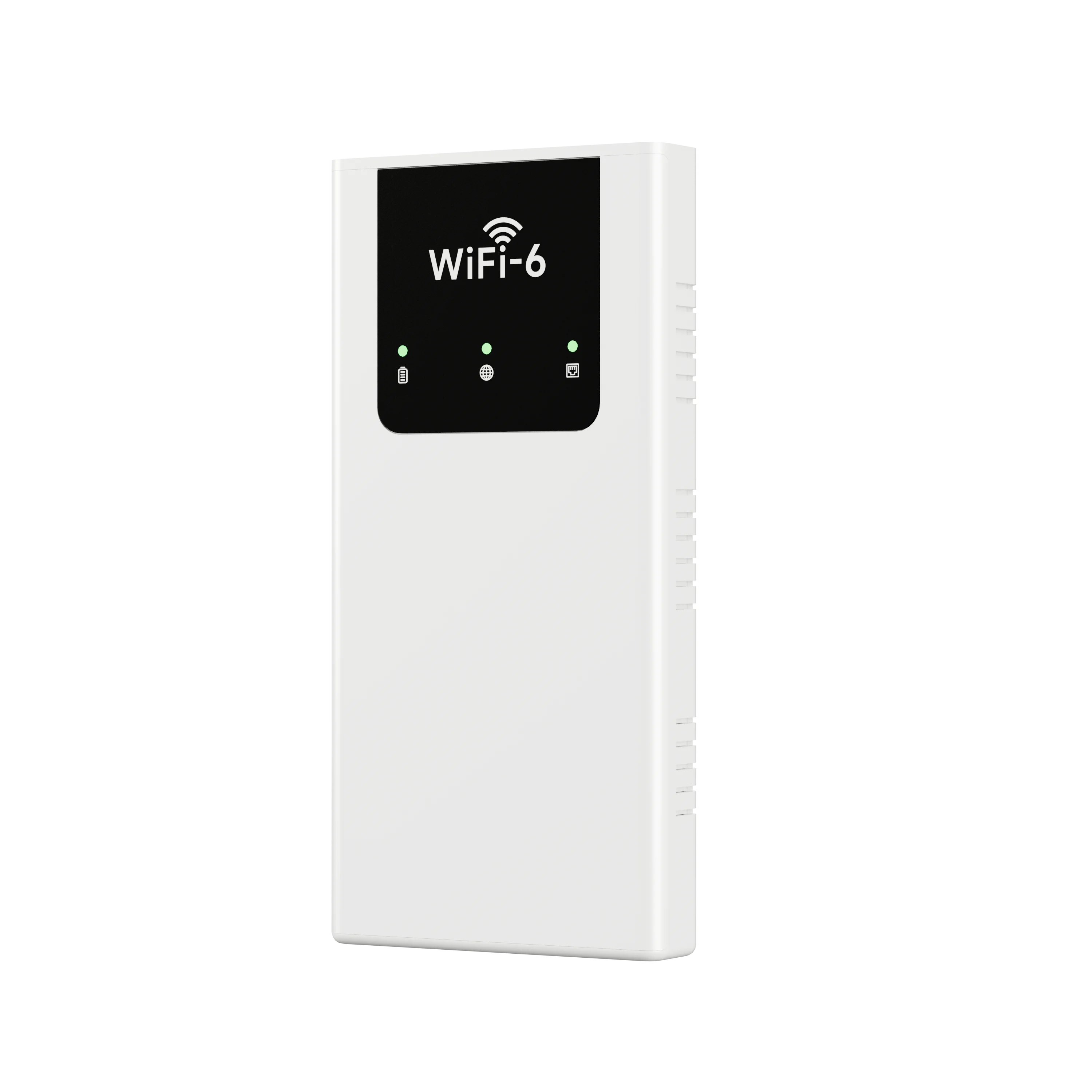Effective communication is the cornerstone of success in both personal and professional relationships. It allows us to express our thoughts, ideas, and emotions clearly, while also fostering understanding and building trust. In this blog post, we will explore various strategies and techniques to enhance your communication skills, enabling you to connect more effectively with others.
- Active Listening:
One of the fundamental aspects of effective communication is active listening. This involves giving your full attention to the speaker, understanding their message, and responding appropriately. To become a better active listener, practice the following:
- Maintain eye contact and open body language to show interest.
- Avoid interrupting and allow the speaker to finish their thoughts.
- Ask clarifying questions to ensure understanding.
- Reflect on the speaker's words and emotions to demonstrate empathy.
- Clear and Concise Language:
Using clear and concise language is crucial for effective communication. Avoid jargon, acronyms, and complex terms that may confuse your audience. Instead, focus on simplicity and clarity:
- Organize your thoughts before speaking or writing.
- Use short sentences and paragraphs to enhance readability.
- Choose words that are easily understood by your target audience.
- Provide examples or visual aids to support your message.
- Non-Verbal Communication:
Non-verbal cues play a significant role in communication, often conveying more than words alone. Pay attention to your body language, facial expressions, and tone of voice:
- Maintain good posture and open gestures to appear approachable.
- Smile genuinely to create a positive atmosphere.
- Use appropriate hand gestures to emphasize key points.
- Modulate your voice to match the intended message.
- Empathy and Emotional Intelligence:
Developing empathy and emotional intelligence allows you to understand and connect with others on a deeper level. This, in turn, enhances your communication skills:
- Put yourself in the other person's shoes to understand their perspective.
- Acknowledge and validate their emotions, even if you disagree.
- Practice self-awareness to manage your own emotions during conversations.
- Use positive language and avoid blaming or criticizing others.
- Feedback and Conflict Resolution:
Providing constructive feedback and resolving conflicts effectively are essential for maintaining healthy relationships. Consider the following tips:
- Offer specific and actionable feedback, focusing on behavior rather than personal attacks.
- Use I statements to express your feelings and concerns without sounding accusatory.
- Practice active problem-solving and compromise to find mutually beneficial solutions.
- Seek mediation or professional help if conflicts persist.
Conclusion:
Mastering effective communication is a lifelong journey that requires continuous practice and self-reflection. By implementing the strategies discussed in this article, you can enhance your communication skills and build stronger connections with others. Remember, effective communication is not just about speaking; it's about listening, understanding, and fostering meaningful relationships. So, start applying these techniques today and unlock the power of connection in every aspect of your life.





